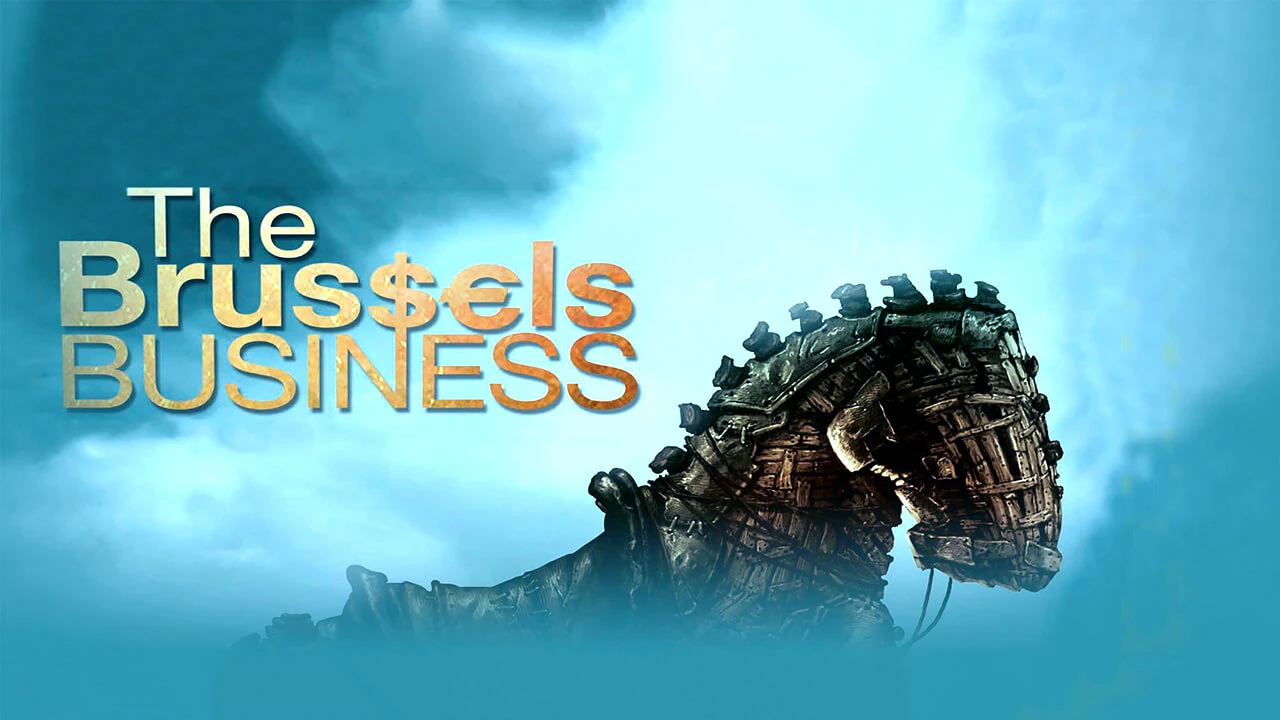
Research and Development
Making The Brussels Business required extensive research that took the filmmakers deep into the shadows of Brussels' political corridors. The subject of lobbying in the EU is notoriously difficult to access. Much work is done behind closed doors, involving powerful figures who prefer to remain anonymous. The first step of directors Friedrich Moser and Matthieu Lietaert was to peel away these layers of secrecy.
The research phase involved a deep dive into reports, investigative journalism, and interviews with European governance and lobbying experts. It was not just about gathering facts but understanding the wider mechanisms of how lobbying shapes legislation in the EU. Talking to insiders - people who were either part of the system or had scrutinized it - gave the filmmakers crucial insights. However, even access to these people was not easy. Many of them did not want to talk openly about such a sensitive subject. The filmmakers had to build trust carefully and often rely on confidential sources to fill the gaps.
The scope of the research also had a significant impact on the film's narrative. The project was originally conceived as a broad look at lobbying in Europe, but as they delved deeper into the topic, the filmmakers decided to narrow the focus. They chose specific stories and individuals to form the basis of the documentary, creating a clearer and more compelling narrative that would resonate with audiences unfamiliar with EU politics.

Pre-Production: Securing Funding and Support
The Brussels Business production journey was one of the most difficult challenges in its creation. Independent political documentaries are often difficult to fund, especially when they tackle controversial topics such as the influence of corporations on public policy. This movie was no exception, so the creators faced serious challenges convincing potential funders to put money into a project that could hurt powerful interests.
Funding for the movie came from a variety of sources. Filmmakers turned to grants, crowdfunding campaigns, and institutional support to secure capital. While some organizations recognized the importance of lobbying transparency in the EU and readily supported the film, many traditional funding sources hesitated. Corporate Europe Observatory (CEO), a watchdog organization that tracks corporate influence in the EU, played an important role in the early stages of the film's development. Their lobbying expertise and network of contacts provided invaluable support both financially and in terms of content.
Despite these partnerships, the financial situation was sometimes precarious, requiring the filmmakers to be resourceful. Crowdfunding, although modest, allowed them to demonstrate public interest in the film, which in turn helped secure further institutional funding. They had to balance maintaining the film's independence with finding sufficient financial support to complete the project.

Challenges and Breakthroughs
Well, like any ambitious project, The Brussels Business faced several obstacles. Apart from financial problems, the biggest challenge was accessing Brussels' elusive lobbying scene. Lobbyists and politicians often operate in secrecy, and many hesitate to participate in a movie that could expose their methods.
There were also creative difficulties: to make the complex world of politics and lobbying interesting for a wide audience, a balance had to be found between dry facts and personal stories. The breakthrough came when the filmmakers conducted key interviews with insiders, making an abstract topic more accessible and compelling.
These interviews not only gave the film credibility but also allowed the creators to build a narrative that effectively emphasized the impact of lobbying on EU policy. Despite the difficulties, the film turned out to be both an informative and fascinating study of corporate influence in Europe, and it has achieved the status of a documentary of political significance.




